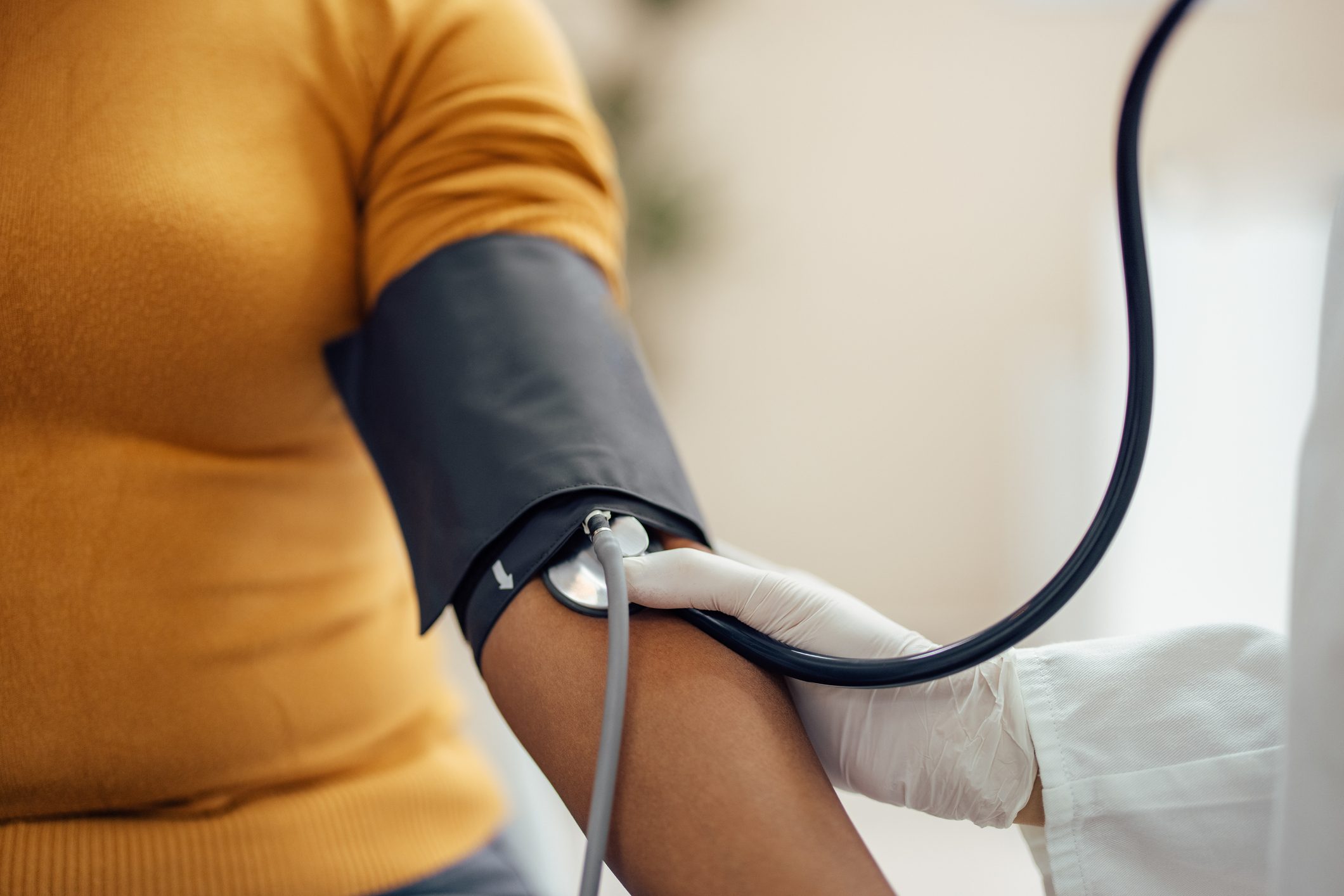A soon-to-be-published study analyzed more than 6 million patient records to help support a growing link between heart and brain wellness.

New Research: Taking This Heart Medication Could Cut Alzheimer’s Risk By 29 Percent

Some expert doctors have taken to using a phrase that seems to be growing more prominent: “What’s good for the heart is good for the brain.” Breaking new science reinforces that association, showing another parallel between cardiovascular and cognitive health.
According to a new 2024 study that will be published November 2024 in one of the world’s highest-standard medical journals, The Lancet, taking one particular type of heart medication is associated with a significant reduction in Alzheimer’s disease and related dementias.
The eight researchers for the study were from the University of Texas and the University of Pennsylvania. As specialists in neurology and statistics, they gathered data on 6,390,826 individuals with high blood pressure (also referred to as “hypertension“) who did not have any prior diagnosis of Alzheimer’s or related dementias.
Within that subject pool, there were 1,839,176 individuals who had been prescribed Angiotensin II receptor blockers (ARBs), a medication used to treat high blood pressure, heart failure, chronic kidney disease, and sometimes used to aid in recovery after a heart attack. Additionally, 3,366,841 subjects were non-ARB users who instead used antihypertensive medication (AHM), and 1,184,809 were AHM non-users.
Using a proportional hazard analysis, the research team found that those using ARBs saw individuals’ risk of developing Alzheimer’s disease and related dementias reduce by 20% compared with those using ACEI medications, by 29% when compared to non-ARB/ACEI AHM users, and by 18% compared to AHM non-users. The researchers summarize that in general, ARB users generally had a lower risk of ADRD compared to all three groups used for comparison.
“There is no cure for AD, ADRD, or vascular dementia; hence, these findings are significant in preventing those disorders in an inexpensive, convenient, and safe way. Limitations in claims data should be considered when interpreting our findings,” the study authors write.
This is not the first study to highlight the potential cognitive benefits associated with taking ARB medications. According to a 2022 study published in the American Heart Association journal Hypertension, taking ARBs could specifically help to slow or reduce the progression of dementia from its earliest stages of cognitive impairment. “In patients with hypertension and mild cognitive impairment, angiotensin receptor blockers were associated with a lower risk of progression to dementia compared with ACE inhibitors and other classes of AHMs. Our findings may have important implications for clinical practice but still warrant further investigations in larger prospective cohorts or clinical trials,” the study authors wrote.
Nearly half of adults in America have high blood pressure, and many don’t know that they have it. Your doctor can determine whether your blood pressure falls within a normal range, and may prescribe a combination of medication or lifestyle interventions to help you take control.
Previous research has established that ARBs are as effective in fighting hypertension as other first-line treatments. According to research published in the American Heart Association journal Hypertension, they also “may present a better safety profile,” with significantly lower risk of angioedema, cough, pancreatitis, and GI bleeding. Talk to your doctor to find out whether they may be right for you. As mounting research suggests, the benefits could go far beyond your heart health.
For daily wellness updates, subscribe to The Healthy by Reader’s Digest newsletter and follow The Healthy on Facebook and Instagram. Keep reading:



















